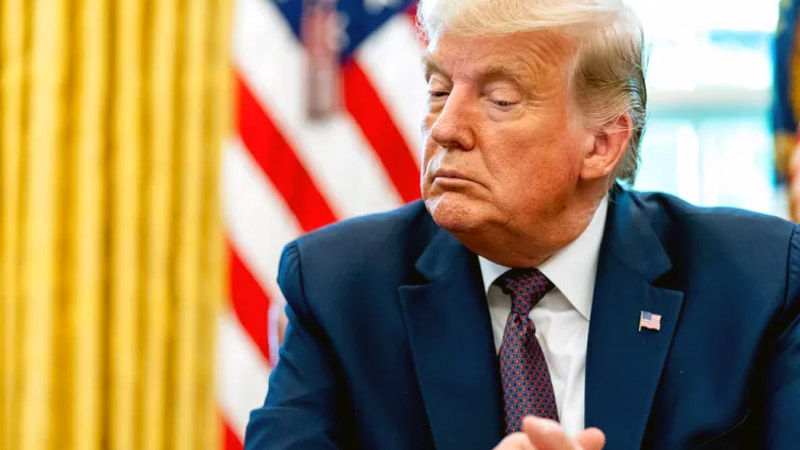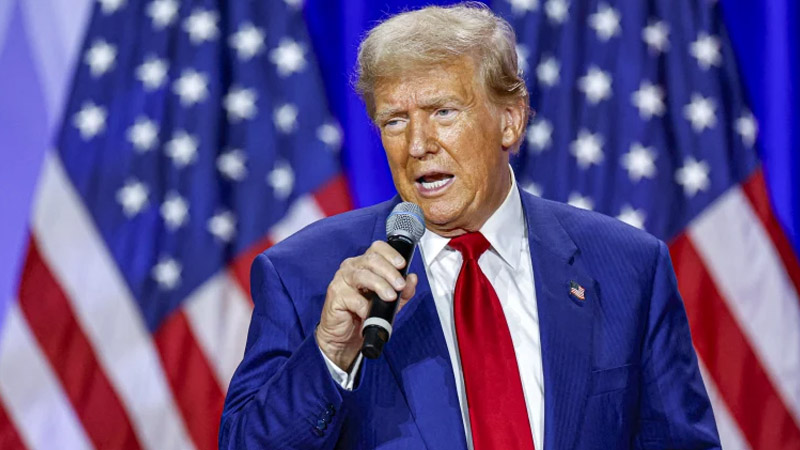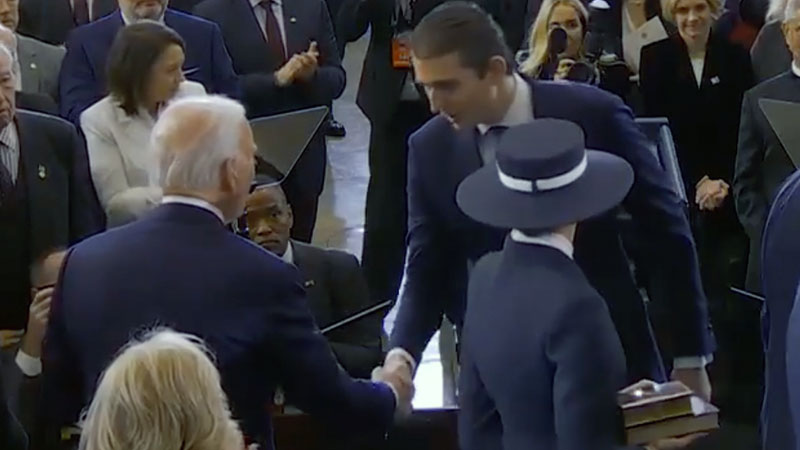“A Potential Trojan Horse”: Expert Warns One Man Could Secure Trump Victory Despite a Loss

Brendan McDermid-Pool/Getty
A new legal analysis raises concerns that Chief Justice John Roberts, with the Supreme Court’s conservative majority, could wield unprecedented power over the 2024 presidential election outcome—even if former President Donald Trump loses the popular vote. In an article for The New Republic, gerrymandering expert David Daley argues that a recent Supreme Court decision, Moore v. Harper, could act as a “Trojan horse” for election interference.
The Moore v. Harper decision, handed down in 2023, appeared to support democratic principles by rejecting an extreme version of the “independent state legislature” theory. This theory, advanced by North Carolina Republicans, argued that state legislatures should have sweeping authority over election laws without state judicial oversight. The ruling required state legislatures to follow constitutional restraints, seemingly safeguarding fair elections.
However, Daley suggests that the ruling’s hidden provisions may provide opportunities for federal intervention in state election disputes. “There are any number of scenarios under which the time bombs embedded within that ‘historic pro-democracy’ decision… could open the door for Chief Justice John Roberts and the court’s conservative supermajority to determine the outcome of the 2024 presidential election,” Daley writes.

He argues that the decision subtly reinforces aspects of the independent legislature theory, which could allow federal courts to exert influence over state-level election results in specific situations. Daley suggests the ruling’s carefully worded ambiguity may prove problematic, especially given the conservative lean of the current Supreme Court.
The decision’s vague language leaves room for federal intervention but offers no clear guidelines for when or how that authority should be applied. This vagueness, New York University law professor Rick Pildes warns, could allow federal courts to override state courts’ decisions without a defined standard, potentially creating an avenue for intervention in contentious electoral outcomes.
“The price for rejecting the most wild-eyed version of the theory was inducing the liberal justices to sign onto a decision that adopted a milder version of the doctrine,” Daley explains, calling this the “independent legislature–lite approach.” According to Daley, while the court dismissed the extreme version of the theory, it retained enough of its framework to allow future federal oversight of state electoral decisions.
This setup, Daley cautions, gives the Supreme Court significant discretion over election matters—a power the court’s conservative bloc could exercise in favor of Republican candidates. Daley points out that three of the current justices worked on George W. Bush’s side during Bush v. Gore, a case where the court played a decisive role in determining the election outcome.

Given this history, Daley argues it is easy to envision a scenario in which the court’s conservative majority could again influence election outcomes, potentially in ways that align with GOP interests. The implications of this decision could be far-reaching. Daley highlights that the Supreme Court’s recent decisions on voting rights and election law have frequently benefited Republican interests, which he sees as a troubling precedent.
“It’s dismayingly easy to imagine that the standard will become yet another dressed-up version of heads Republicans win, tails Democrats lose,” he writes. In the lead-up to the 2024 election, these concerns emphasize the potential role the Supreme Court may play, not only in resolving specific legal disputes but in shaping the broader landscape of U.S. election integrity. For Daley, Moore v. Harper represents a turning point, offering subtle but substantial powers that could influence the course of democracy in America.


